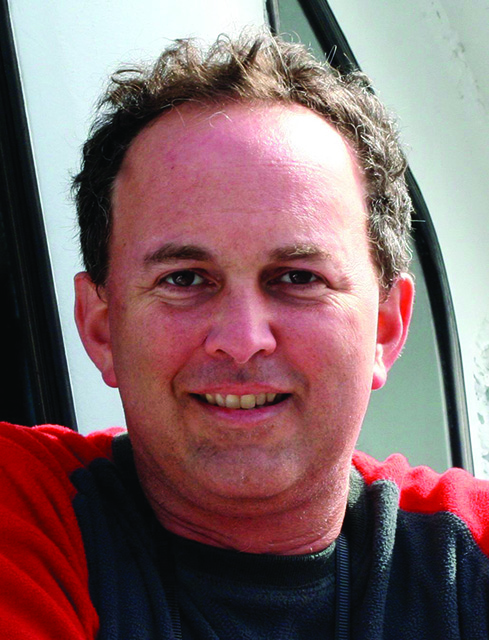Tugging at Our Conscience
The smarter way to stay on top of broadcasting and cable industry. Sign up below
You are now subscribed
Your newsletter sign-up was successful
Stan Brock is not a household name, although he earned a degree of fame as one of Marlon Perkins’ assistants on the beloved Mutual of Omaha’s Wild Kingdom. That was not why 60 Minutes trained its cameras on Brock this past March. Before Brock became a television persona, he lived for 15 years among the Wapishana Indians in the Amazon rain forest, where the nearest doctor was 26 days away … by foot.
So in 1985, Brock started an organization called Remote Area Medical to provide assistance to poor people who didn’t have access to quality medical services.
But what made Brock’s story so compelling was that he discovered that the one nation where RAM, operating on a tiny budget, was perhaps most badly needed was the wealthiest nation on earth, the United States.
Now, 60% of the assistance he provides is to our country, giving dental, eye and other basic health check-ups in rural areas in Virginia, Tennessee and on a Sioux reservation in South Dakota, among other places.
“We have never had a PR program. Usually, local television stations and newspapers hear about the things we’re doing in their community and they show up,” he said.
Last fall, The New York Times Sunday Magazine ran a photo essay, and the next day, Brock got a call from 60 Minutes producer Rebecca Peterson asking if she could come check out RAM.
Just before Scott Pelley’s piece ran in March, Brock said he received a call from another producer, Henry Schuster. “He said you better put in more phone lines,” Brock said. “We have just one, and we’re a hand-to-mouth operation, so we didn’t. But immediately after the segment aired, the phone rang off the hook -- all that night and for days and days.”
The smarter way to stay on top of broadcasting and cable industry. Sign up below
He added, “The volunteer response went up dramatically. We also had calls, e-mails and letters from all over the United States requesting RAM. Donations also flooded in, some for $5 or $10 or $20, with letters expressing amazement and annoyance that this was necessary.”
Months after the story aired, Pelley and Schuster and their families came to volunteer at a RAM effort. “They did it anonymously and they worked their buns off,” Brock said. “It says something really wonderful about the press, a much-maligned group in this country.”
Stuart Miller has been writing about television for 30 years since he first joined Variety as a staff writer. He has written about television for The New York Times, The Washington Post, the Los Angeles Times, The Guardian, The Boston Globe, Newsweek, Vulture and numerous other publications.

